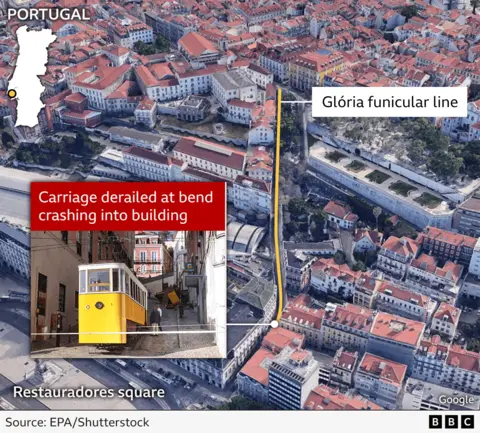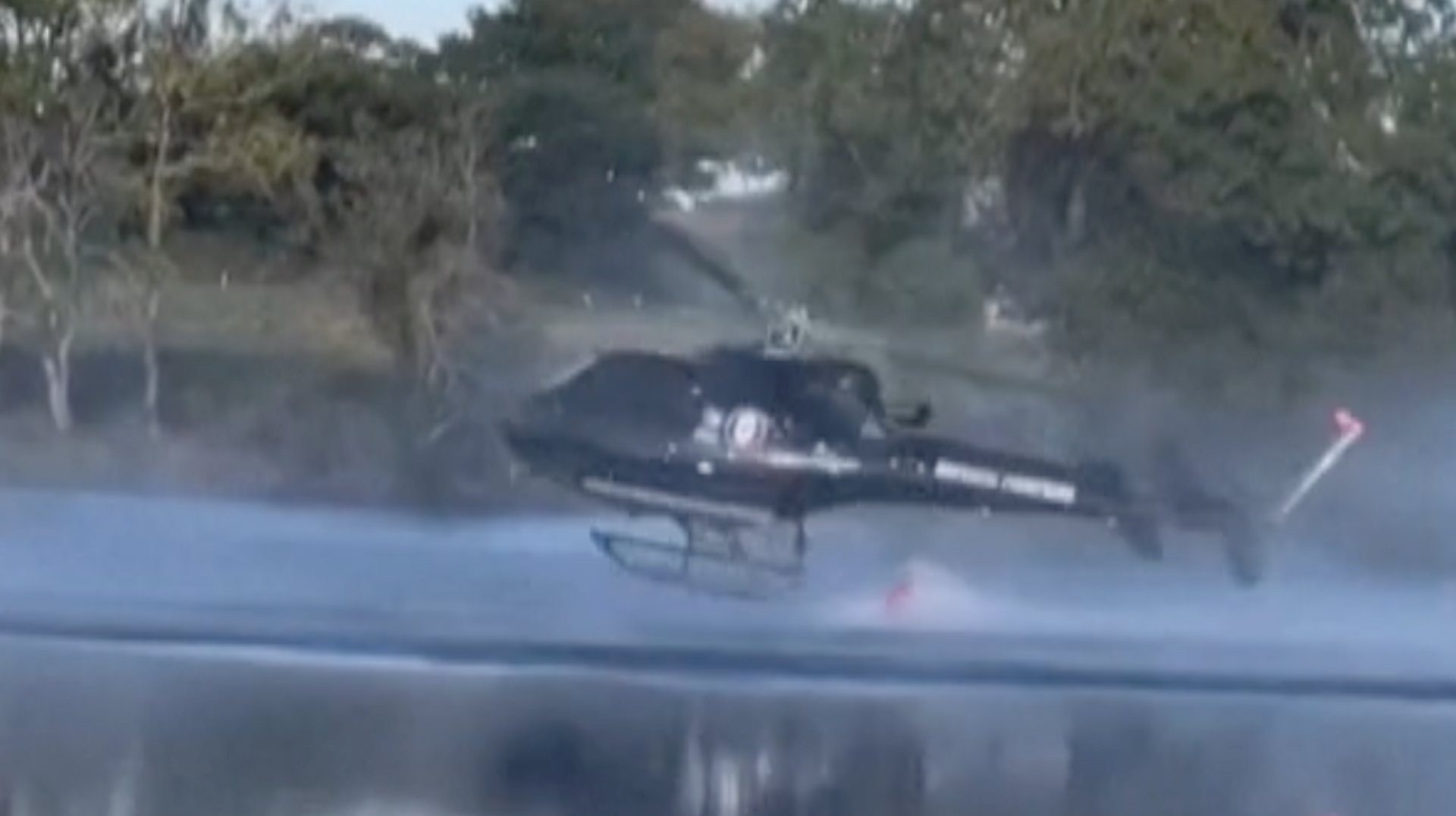The 2025 wildfire season has proven to be the most catastrophic in the European Union's history, as sweeping flames have consumed over one million hectares of land. This area is approximately equivalent to half the land area of Wales, raising major concerns about the environmental and health implications of these unprecedented fires.
Spain and Portugal have been particularly hard hit, with about 1% of the Iberian Peninsula scorched according to data from the Copernicus European Forest Fire Information System (EFFIS). In Spain alone, over 400,000 hectares have burned since the start of the year, dwarfing the historical average for this period. Portugal has also faced rampant wildfires, with 270,000 hectares charred, marking almost a fivefold increase compared to previous averages.
According to scientists from the World Weather Attribution group at Imperial College London, the intensifying wildfire season is directly linked to climate change, suggesting that these devastating conditions might persist or worsen in the future. The continued trend of climate warming leads to fire-prone conditions that exacerbate wildfire occurrences.
As environmental impacts unfold, the region faces not only the immediate effects of air quality degradation due to smoke but also significant ecological disruption. Fires have affected protected areas, including Picos de Europa National Park, and vital routes along the Camino de Santiago pilgrimage, endangering local wildlife and tourism.
Consequently, experts highlight the growing urgency for effective fire management strategies, as the conditions leading to wildfires become increasingly common and climate change fuels a concerning cycle of destruction. In response to the fires, the European Union has mobilized its largest-ever resources for firefighting, but the challenge remains daunting.
}
















